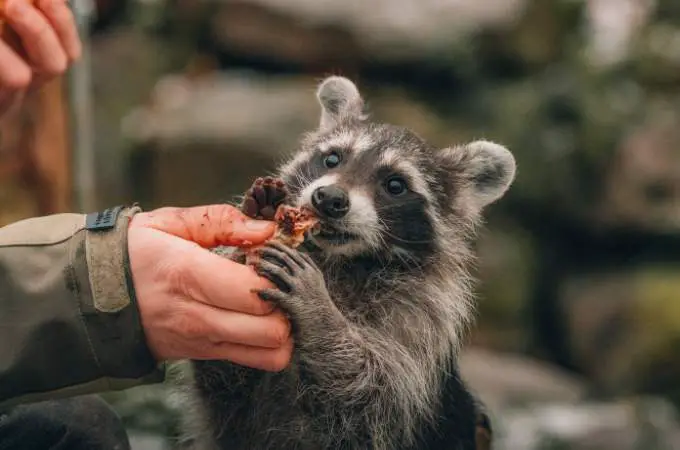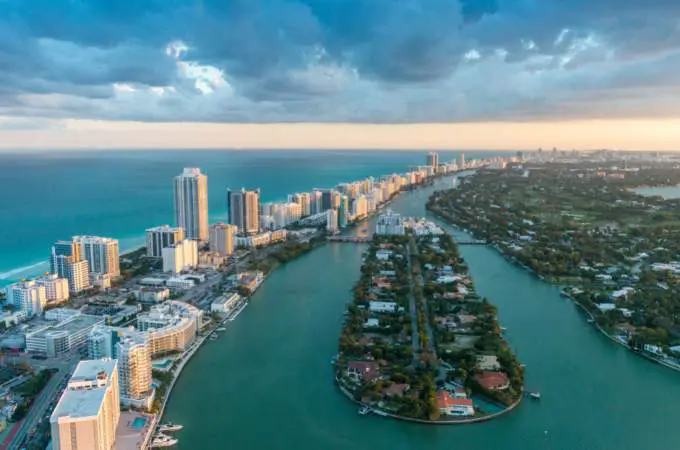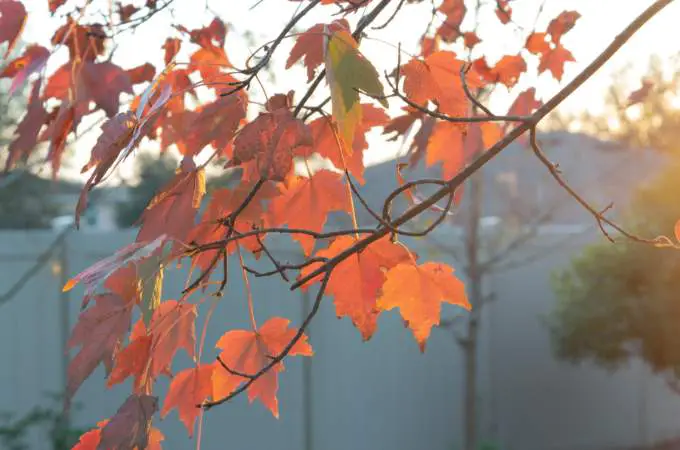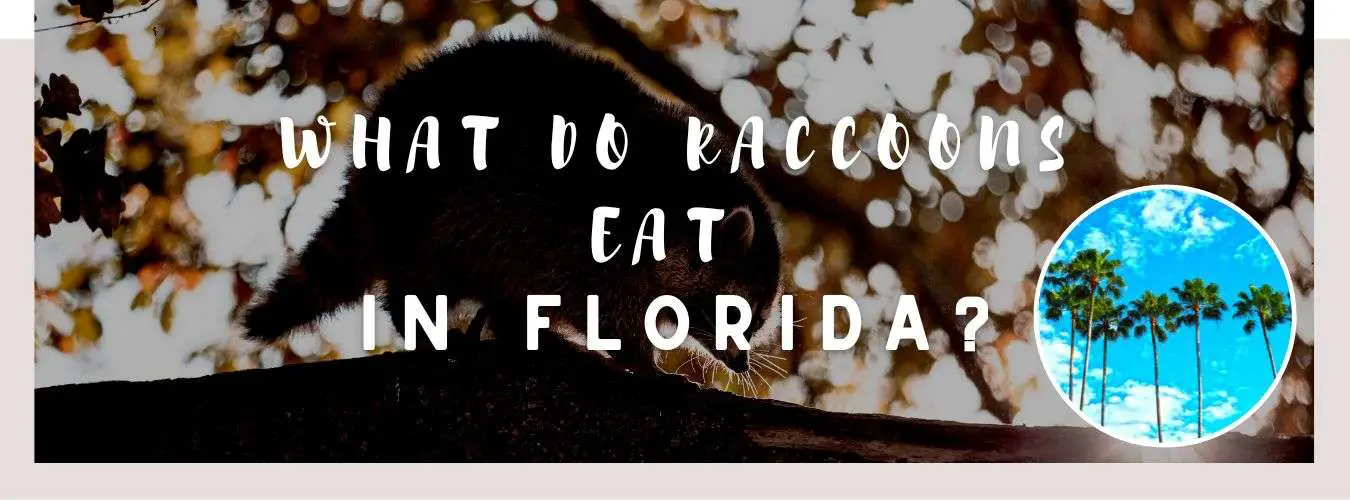
Raccoons are native to North America and can be found in Florida’s wildlife. They live in wooded areas but often make their way to urban parts of Florida, rummaging through garbage and gardens in search of food.
Naturally, these animals are opportunistic feeders that eat practically anything.
And most of their hunting is done in late afternoons or at night and usually in people’s backyards. But this begs the question; what do raccoons eat in Florida?
This article will focus on the foods raccoons eat generally and during winter, and also the implications of having them around when they search for food.
What Do Raccoons Eat in Florida?
Florida is home to abundant vegetation and wildlife. Being the third most populated state in the United States of America, it is rich in natural and material resources. This makes it a viable feeding ground for critters and scavengers like raccoons.
Like other raccoons in other parts of the country, raccoons feed on animals and plants. Although their diet adapts to their environment, most of their food choices are still found in Florida. These include:
- Rodents.
- Insects.
- Crustaceans.
- Amphibians.
- Birds.
- Bird seeds.
- Waste products from dumpsters.
- Flowers
- Plants of fruits and vegetables.
All these foods are available in Florida for raccoons to eat. Normally you will see raccoons in areas with reliable water and food supply. These areas happen to be people’s backyards, animal pens, and gardens.
You might also like: Do Raccoons Eat Flowers?
Do Raccoons Come Out During the Day in Florida?

You will only see raccoons in the late hours of the afternoon or after sundown because they are nocturnal and anti-social animals. Normally, they rest during the day in their dens or up in trees, then venture into the night in search of food. So it’s quite unusual to spot them during the day.
However, if you do see a raccoon out in the mornings or early afternoons, then experts at The Humane Society of the United States suggest that it might be an indication of one of the following:
- The raccoon is a female in search of food for her young.
- It is relocating.
- It is rabid.
So, if you see a raccoon during the day, it’s best to stay away from them and call pest control if they bother you.
Do Raccoons Eat Dead Animals in Florida?
Typically, all raccoons are scavengers. Since they lack the energy needed to hunt game in the wild or in cities actively, they jump at any opportunity to feast on dead prey. So you should not be surprised to see a raccoon eating a dead rat in an alley.
However, they only eat fresh dead animals. Thus animals with mildew and a decaying scent are not appetizing to them.
You might also like: What Do Raccoons Eat In The Winter?
What Do Raccoons Eat During Winter in Florida?

Usually, raccoons don’t hunt a lot during winter. They store up enough fat while feeding during summer and this helps to sustain them through long periods in winter. But when they get hungry, they usually search for food in places close to their dens.
If they can, raccoons will venture to urban areas in search of food. According to Akeem Eletu, writer and animal expert in What Animals Eat, raccoons survive on these food choices during winter:
- Nuts
- Rodents
- Corn
In some cases, you will even find them going through dumpsters to eat waste products like leftover meat (raw or cooked), vegetables, and other materials.
Are Raccoons in Florida Rabid?
Well, it depends. Foraging exposes most raccoons to various contagions like leptospirosis, distemper, salmonella, and rabies. And once contact is established between raccoons and other domesticated animals like dogs, chickens, birds, and cats, there will be health hazards that could affect the local ecosystem badly. It is for this reason that they are called to be taken back into the wild.
Here are some of the implications of having raccoons around in Florida:
- They stress household pets.
- They don’t fear humans when they get used to being feared.
- They carry diseases.
But while most raccoons are carriers of rabies, not all of them have infectious diseases. However, if you plan on training one of these animals, you’ll have to get them adequately vaccinated regardless. This way, they will not spread harmful diseases to other animals through food and fecal matter.
Conclusion
If you live in Florida and want to keep a raccoon as a pet, you have nothing to worry about when it comes to feeding. Florida is a natural hub for vegetation and animal resources. Hence, it’s a perfect place for raccoons to find food like nuts, seeds, reptiles, birds, frogs, fruits, and vegetables.
But raccoons can be rabid at times. This is why Florida takes good care in returning such infectious animals to the wild for the good of society.









